The problem with being empathetic is that you even feel sorry for people who hurt you.
The Problem With Being Empathetic: Feeling Sorry for Those Who Hurt You
Empathy is one of the most profound and beautiful aspects of human nature. It allows us to understand and share the feelings of others, fostering deep connections and a sense of unity.
However, empathy is a double-edged sword. While it promotes kindness and understanding, it can also become a burden, especially when directed at those who cause us pain.
The quote, highlights this paradox. It suggests that highly empathetic individuals struggle to hold resentment or anger, even toward those who have wronged them. Instead of focusing on their own pain, they instinctively seek to understand the other person’s motives, struggles, or emotional state.
This can lead to an internal conflict where they simultaneously experience hurt and compassion, making it difficult to establish boundaries or demand justice.
Why Do Empathetic People Feel Sorry for Those Who Hurt Them?
- Understanding the “Why” Behind the Pain
Empathetic individuals tend to look beyond the surface of people’s actions. When someone mistreats them, their instinct isn’t just to react emotionally but to ask, “Why did this person do this?” They recognize that hurt people often hurt others, and instead of vilifying them, they consider the possibility that their attacker is acting out of their own pain, insecurity, or trauma. - Seeing the Humanity in Everyone
A deep sense of empathy allows people to see others as complex beings rather than simply “good” or “bad.” Instead of labeling someone as cruel or heartless, an empathetic person may see them as struggling or lost. This perspective makes it hard to remain angry because they acknowledge the humanity, weaknesses, and suffering in even those who inflict harm. - A Desire to Heal, Not to Harm
People with high empathy often have a natural inclination to fix, heal, or comfort others—even when those others have hurt them. They may feel that holding a grudge only perpetuates negativity, and instead, they seek to help or “save” the person who hurt them. This can be both a strength and a weakness, as it may lead them to stay in toxic relationships or forgive too easily.
The Emotional Conflict of Empathy Toward Harmful People
While empathy fosters understanding and forgiveness, it can also create internal turmoil. Empathetic individuals may struggle with:
- Suppressing their own emotions: Because they prioritize understanding others, they might downplay their own hurt feelings or convince themselves that their pain is insignificant compared to the struggles of the person who harmed them.
- Difficulty setting boundaries: Feeling sorry for those who hurt them can make it hard to walk away from unhealthy situations, leading to a cycle of mistreatment.
- Moral dilemmas: They may question whether they should stand up for themselves or continue showing kindness, even when it’s undeserved.
Finding Balance: Compassion with Boundaries
Being empathetic does not mean allowing others to walk over you. It is possible to care about others’ struggles while also protecting oneself. The key is balance—learning to acknowledge pain without excusing harmful behavior. Setting firm boundaries, practicing self-care, and understanding that it’s okay to let go of toxic people are essential steps for highly empathetic individuals.
Read More Here: Be The One Who Nurtures And Builds – Marvin J. Ashton Quotes
Ultimately, empathy is a gift, but it must be wielded wisely. Feeling sorry for those who hurt you can be a sign of emotional depth and understanding, but it should never come at the cost of your own well-being.


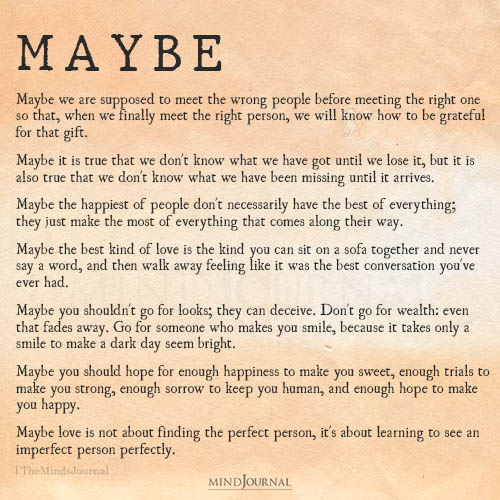
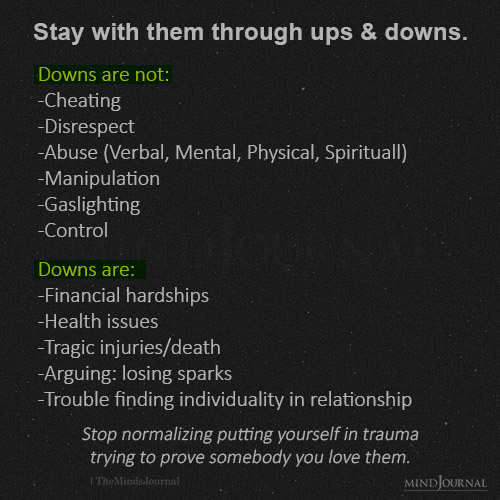
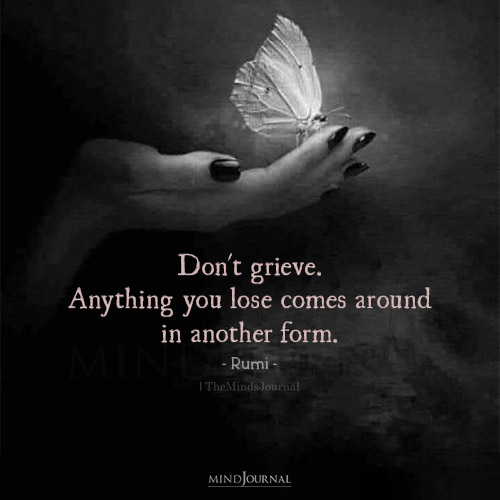
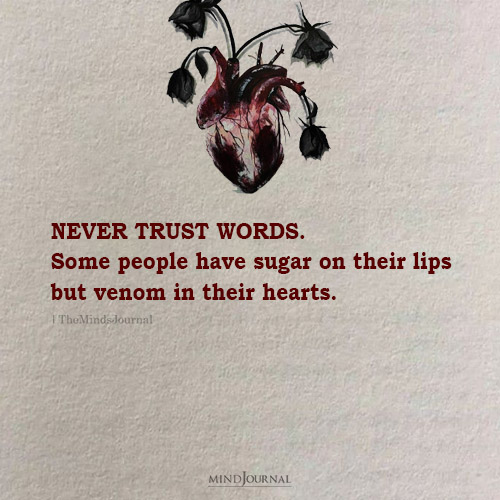
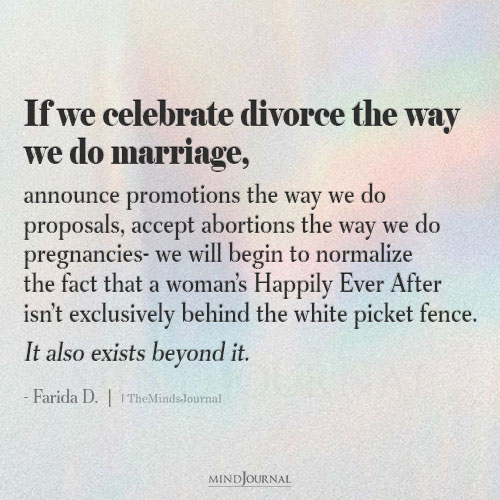
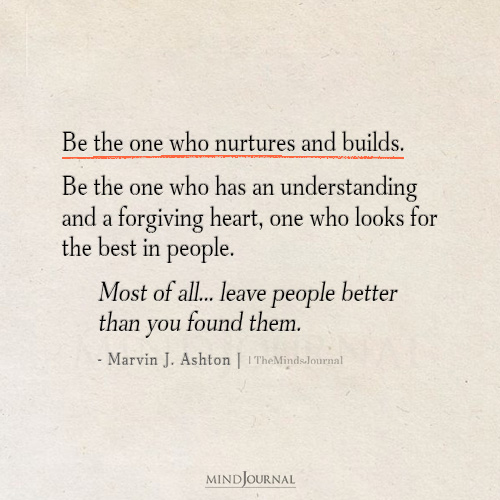
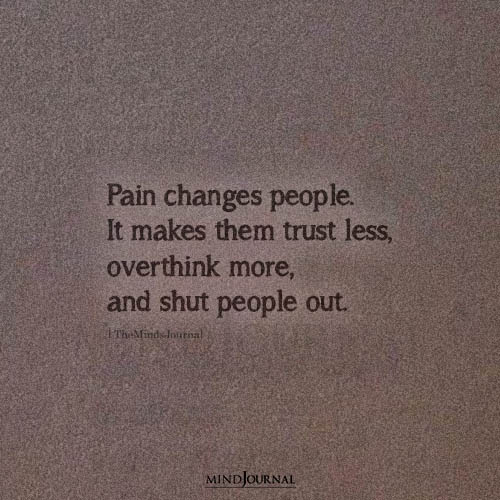
Leave a Reply